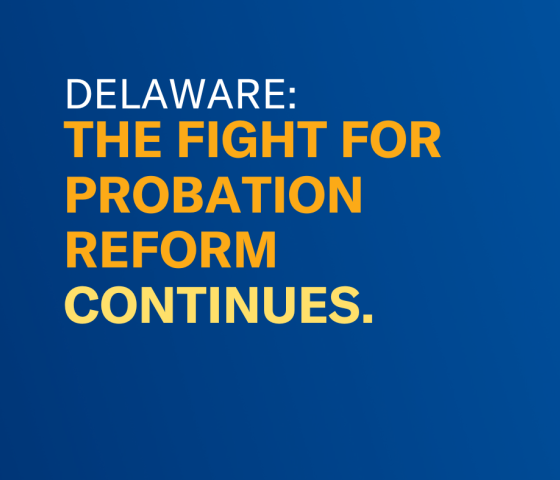The full text of the complaint may be viewed here.
CONTACT: Kathleen MacRae, ACLU-DE Executive Director—302.654.5326 x102, [email protected]; Brian Hartman, CLASI Disabilities Law Program Project Director—302.575.0660 x220; [email protected]
Wilmington, DE (December 3, 2014) — The ACLU of Delaware, ACLU Racial Justice Program and Community Legal Aid Society, Inc. filed a complaint today with the Office of Civil Rights in the U.S. Department of Education arguing that Delaware’s charter school law and policies have a discriminatory impact on students of color and students with disabilities and have significantly contributed to the resegregation of Delaware’s public schools. Specifically, the complaint claims that the State of Delaware through the Department of Education and the Red Clay Consolidated School District, the two entities that authorize public charter schools in the state, are in violation of Title VI of the Civil Rights Act of 1964 and Section 504 of the Rehabilitation Act of 1973.
Charter schools have been granted broad authority in their admissions processes. They get to choose which students can attend, rather than giving parents a true choice. The result is that students of color and students with disabilities are not getting an equal chance to attend many of the high-performing charter schools. For students of color who do attend charter schools, most attend racially segregated schools," said Courtney Bowie, senior staff attorney with the ACLU's Racial Justice Program.
"Every student in the State of Delaware deserves equal access to a high-quality education,” said Kathleen MacRae, executive director of the ACLU of Delaware. “But what has evolved since the passage of the Charter School Act of 1995 is state-sanctioned preferential treatment for families who are able to navigate the special requirements of charter school admissions.
These include such things as high examination scores; essays written by parents to explain why a school is a good choice for their child; access to gifted and talented elementary and middle school programs that help increase academic performance; annual activities fees; mandatory parent involvement, sometimes in fundraising; and mandatory high-cost uniform purchases. These barriers prevent students from low-income African American and Hispanic families from having the same access to high quality charter schools that middle and upper class families have.”
"We hope that the Office of Civil Rights recognizes that any system of selection that has the effect of almost completely excluding children with disabilities from the ‘high-achieving’ charter schools is deeply disturbing and must constitute illegal discrimination,” says Dan Atkins, Legal Advocacy Director of the Disabilities Law Program of Community Legal Aid Society, Inc.
It’s terribly unfair to the children with disabilities who should have earned their place in those schools, and it sends a harmful and hurtful message, really to everyone, to continue to shut those students out. We look forward to working with the federal government, the State of Delaware, and Red Clay Consolidated School District to develop criteria that integrate more students with disabilities. This is consistent with the State and Federal Government’s mission to provide equal educational opportunities to all children—regardless of race, income, and disability.”
Racially Identifiable Schools
The complaint documents that over three-quarters of charter schools operating in Delaware are racially identifiable. High performing charter schools are almost entirely racially identifiable as White. Low income students and students with disabilities are disproportionately relegated to failing charter schools and charter schools that are racially identifiable as African American or Hispanic, none of which are high performing.
Another result of the proliferation of charter schools is increased segregation in traditional public schools located in districts where charter schools operate. In addition, when the impact of the Neighborhood Schools Act of 2000 is considered, inner city school children have no good alternatives—they may attend a hyper-segregated traditional public school or attend a hyper-segregated charter school. When charter schools admit a disproportionate number of higher-income White students with no disabilities, the traditional public schools are left with the difficult and costly task of educating the students most challenged by poverty or special education needs.
Recommendations
In order to remedy the current situation regarding Delaware public schools, the ACLU and CLASI urge:
- A moratorium on the authorization and opening of new charter schools until an effective desegregation plan has been implemented;
- Utilization of a random opt-out lottery for charter school admissions;
- Assurance that the cost of attending a public charter school is free and that parents are not required or pressured to purchase uniforms or raise money for the school;
- Capping class size in traditional public schools at the same level as charter schools and ensuring that total funding for traditional public schools is equal to that of charter schools;
- Providing additional funding to schools with a disproportionately high number of students of color, students with special needs and low-income students;
- A plan to ensure that students with disabilities are recruited and reasonably accommodated in all charter schools.
